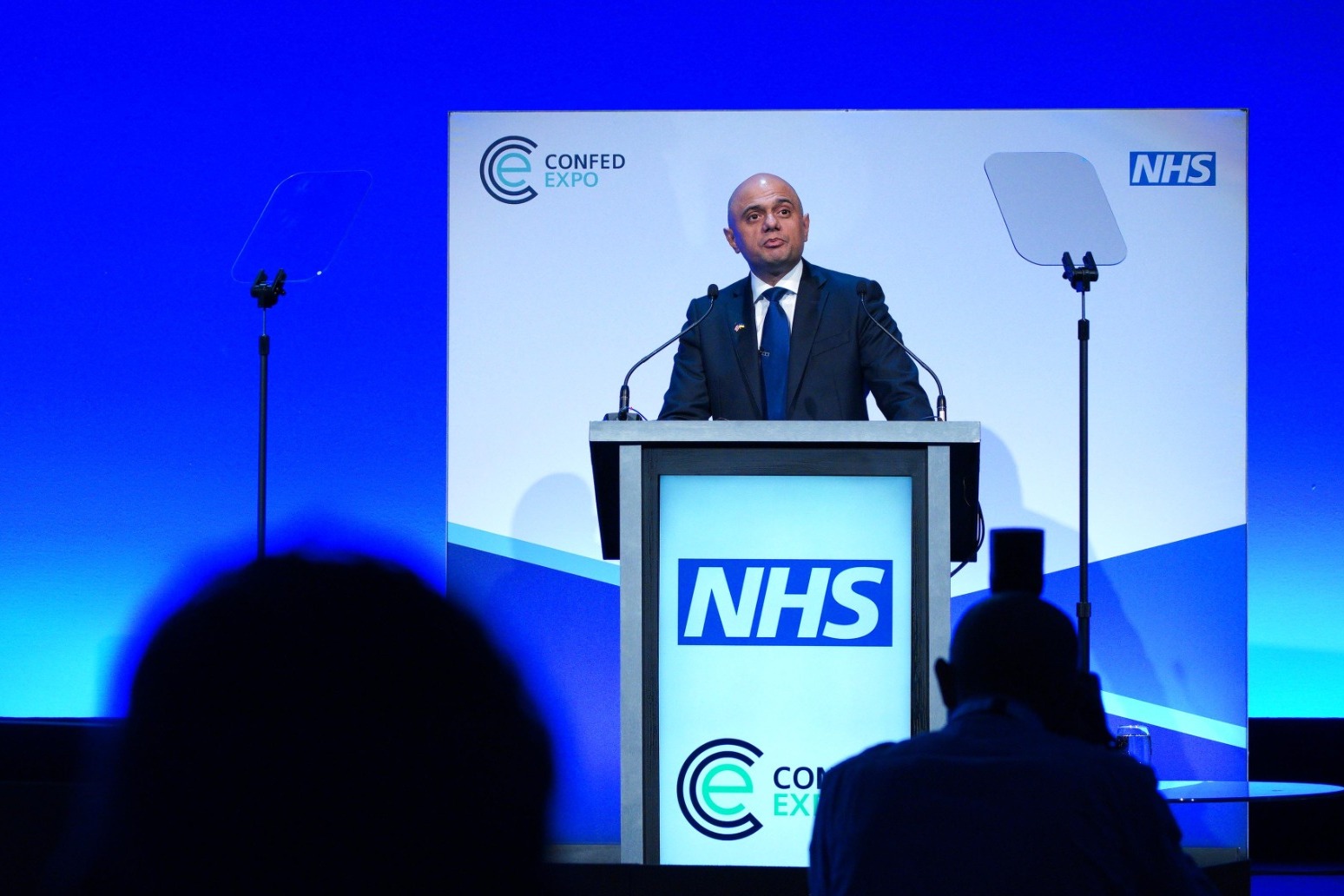
New drugs to tackle superbugs to be rolled out across the NHS
Hundreds of patients across England are to benefit from new drugs tackling superbugs thanks to a subscription-style scheme the NHS has struck with pharmaceutical companies.
It is expected that 1,700 patients a year will be given the new antimicrobial drugs for infections which have become resistant to traditional antibiotics.
The drugs are the first to have been developed through an innovative scheme where the NHS has paid a fixed-yearly fee for pharmaceutical firms to incentivise them to develop new drugs to help tackle the growing threat of antimicrobial resistance.
Experts have warned in the past that the pipeline of new drugs to treat infections had dried up and even common operations could become deadly if the current medicines used to treat infections are rendered ineffective.
Around 65,000 people a year develop drug-resistant infections dubbed superbugs, equating to 178 people per day, according to data from Public Health England.
As a result the NHS struck the deal to incentivise the development for new drugs.
The first of these to be rolled out are called cefiderocol and ceftazidime–avibactam, manufactured by Shionogi and Pfizer respectively.
Amanda Pritchard, chief executive of the NHS in England, announced that the first drugs developed through the scheme are now to be rolled out in the health service in England.
Speaking at the NHS ConfedExpo conference she said: “Superbug-busting drugs on the NHS will save lives and strike a blow in the global battle against antimicrobial resistance.
“Until now, innovation in antibiotics has been limited, but this pioneering NHS subscription scheme aims to turn the tide by working with pharmaceutical firms to make sure we have these superbug-battling drugs ready and available to those patients who need them most.
“This world-leading agreement not only provides a template for other countries to follow, incentivising antimicrobial drug innovation globally, as we collectively deal with this threat to modern medicine and public health, but also gives new hope to thousands of patients who previously had no treatment options left.
“We have shown through the course of the Covid-19 pandemic the power of working together, combining our expertise across industries, in order to tackle emerging risks – whether that is Covid-19 or the very real threat of antimicrobial resistance – head-on.”
NHS medical director, Professor Sir Stephen Powis, added: “This is a huge milestone in the country’s quest to tackle the increasing global threat of antimicrobial resistance and it is fantastic that the NHS has been able to lay down the footprint to tackle this and deliver a revolutionary deal two years ahead of the target set out by the Government in 2019.
“Tens of thousands of people suffer from drug-resistant superbugs every single year in England and this deal will offer hope to those who have had limited or no success with current treatments.”
The NHS deal will see the health service pay up to a maximum of £10 million a year for up to 10 years.
Published: by Radio NewsHub